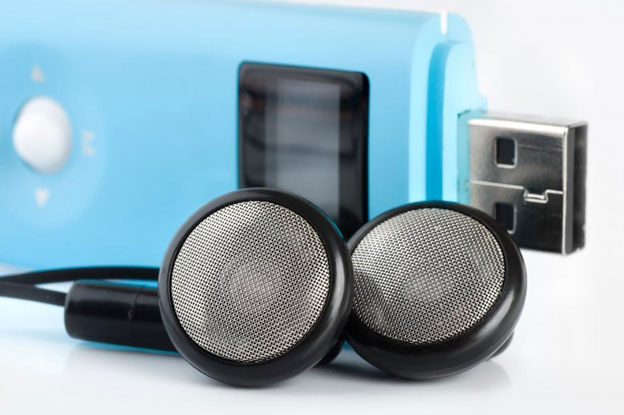Blog
- home
- Blog

The Nature and Scope of Ripping Files
A music library can exist in many different ways. Till a few
decades back, vinyl and audio cassette collections and later on compact disks
(CDs) and DVDs dominated the market.
However, all of these physical storage options have now been superseded
by computer audio formats (CAFs).
This technology can save massive amounts of data without
taking up precious shelf space in your home. Apart from that, CAFs are also
becoming the number one playback format for most device makers. From car audio
systems to portable audio players, everyone is jumping onto the CAF bandwagon,
even as CD sales have plummeted over the years.
Many of these state of the art portable music players come
with built-in microSD memory slots. This way, you won’t need to ever worry
about storage space and your music collection will always continue to grow.
Best of all, this also means that you can easily keep and play all of your
audio files at the highest quality possible. Using commercial CD ripping
services means that you will be able to enjoy CD quality music on your PC or
even your smartphone.
What Is Ripping?
This is the process of transferring music from an audio CD
to multiple computer audio files. You can save them on your computer, server or
smart device.
How Does It All Work?
The compact disc is a storage house for digital music, which
is stored in the form of binary data. When a music CD is produced, the audio
files are recorded at a rate of approximately 44100 (44.1 kHz) samples per
second (SPS).
Once you start ripping a CD, the software on the CD ripping device
will read this data and convert it to a computer music file.
Herein lies the real scope of the ripping process since
these files are stored in a markedly different manner to CD music. You will be
able to optimize your collection based on your own personal priorities. If you
want high quality, you can go for large files that take up more space on your
drive or card. Alternately you can compress files further if you have lower
storage requirements.
A great advantage of the ripping process is that once the CD
has been read and the computer music files have been saved, it is possible to
tag the metadata files to your music.
This means that the CD ripping experts will try to find all
the relevant data on your music file. The artist name, album name, year of
release and similar information will be retrieved either from the web or the CD
cover and inserted inside your music files. You can use these tags to help you
browse through your collection till you find your desired number.
Conclusion
Ripping is a complicated and time-consuming process that
should best be left to the experts. They will ensure that your computer music
files always retain their quality. If you have any questions or queries you can
always contact us here
and we will be sure to get back to you.
